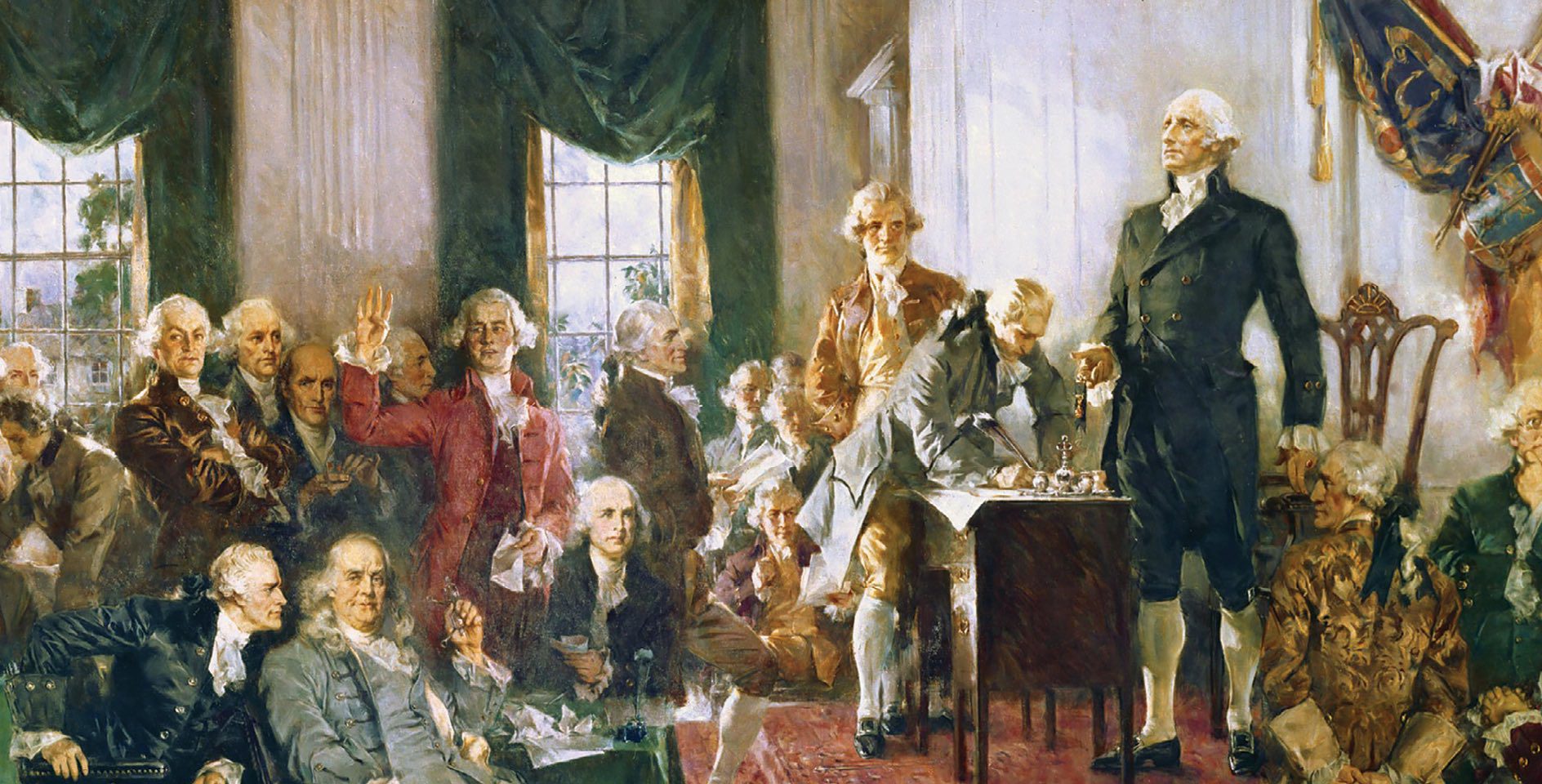It might surprise you to learn that one of the most consistent questions I get emails about at the ERLC is whether it is ethical or biblical for pastors to officiate religious wedding ceremonies or “commitment ceremonies” for widowed or widower church members who do not want to get legally remarried for fear it would jeopardize their Social Security survivor benefit.
The answer, I believe, is an easy “no” to this question, which I’ll explain more below. This isn’t actually an ethical dilemma inasmuch as it is a painful circumstance with monetary implications.
I cannot speak to the specifics of Social Security, as I’m not an expert in that area. It may be the case that remarriage might have no effect at all. I would advise consulting the Social Security Administration’s website on how remarriage can impact individuals’ SSI benefit.
Without getting into the weeds of what triggers particular situations, the larger ethical question, stated more bluntly, is this: If Social Security is negatively impacted by remarriage, would it be okay to get remarried only in the eyes of God and not the state so that I can protect my income?
Two ethical horizons
There are at least two ways to answer this question.
The first ethical horizon is to acknowledge one of the motives underneath this scenario: Deceit. While a couple may have positive intentions to rightly marry in the eyes of God, as our laws in the United States now dictate, marriages are to be brought before the jurisdiction of the state. Marriage does not belong to the state. Rather, marriage is an institution the state believes is necessary to protect the safety and well-being of its citizens. Government, for example, needs to know who to hold accountable for the well-being of children that result from a marriage. I believe Christians are to obey just laws, which I believe this is, even if some do not like the implications of it (Matt. 22:15-22; Rom. 13:1-7; 1 Pet. 2:13-17).
The second ethical horizon to discuss is how marriage is understood in this scenario, which I think is a mistaken one. I referenced above that marriage does not belong to the state; it does not come into existence or find its legitimacy just because the government says so. Marriage is a creation ordinance ordered by God, but belonging to both the creational order and sacred order (Gen. 2:18-24). Marriage exists within the architecture of creation necessary for human civilization. Marriage simply reflects the reality of male-female complementarity.
Seen from this perspective, government necessarily has an interest in it because it serves the common good by uniting man and woman in a bond of permanence, sealed by procreative potential. At the same time, marriage is ultimately understood, not as just a male-female creational relationship, but as a shadow of the Christ-Church union (Eph. 5:22-23). Marriage is something more than an institution that exists under the canopy of the state and the common good, but it is never less than that.
Render unto Caesar
A reader might respond, “Okay, but marriage ultimately belongs to God, not the state, so I can have my spiritual marriage legitimately authorized by God without it needing authorized by the state. In this case, I am rendering marriage to its highest authority, God.”
The problem is that the “Therefore render to Caesar the things that are Caesar's, and to God the things that are God's” statement of Matthew 22:21 does not mean that Christians can give to God what belongs to God while forgoing the legitimate areas that also belong to Caesar. It simply means that marriage has dual and legitimate overlapping interests that impact it as both a sacred and legal institution.
So, to make this clear: Pastors should not facilitate deceit, which is what is happening if a couple desires to be married in the eyes of God but refuses to submit to the laws of the state.








